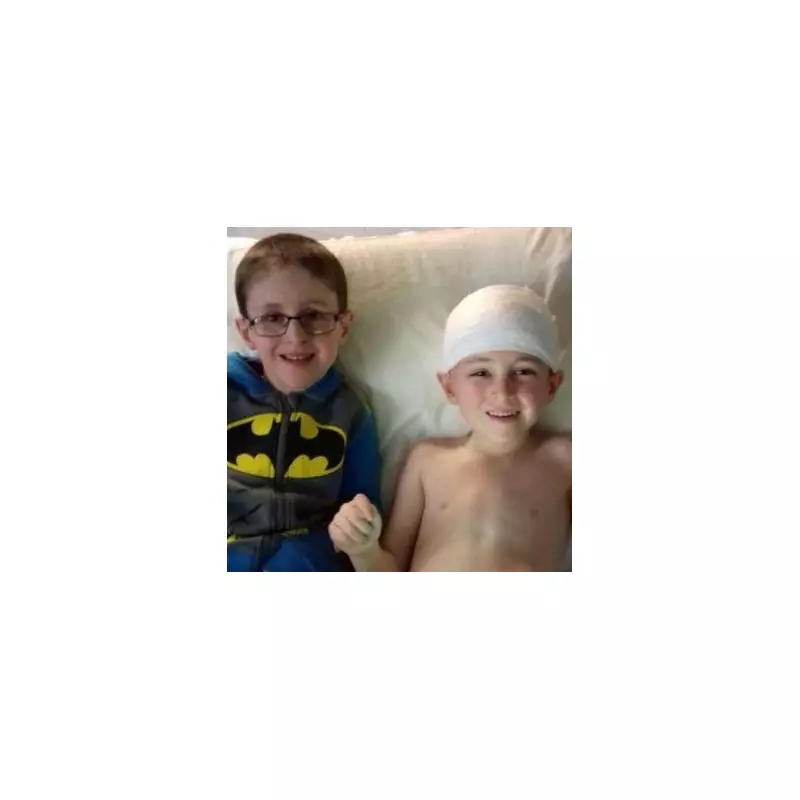
In a medical case that has left specialists astounded, three-year-old identical twins Hunter and Jackson have been diagnosed with the same ultra-rare cancer – a one-in-a-million scenario that has devastated their family.
The brothers from Telford were both diagnosed with neuroblastoma within weeks of each other, a coincidence so statistically improbable that doctors have described it as medically extraordinary.
The First Symptoms
It began when Hunter started experiencing unexplained bruising and lethargy. His concerned parents, Danielle and John, initially suspected a vitamin deficiency or common childhood illness. But when blood tests revealed something more sinister, their world turned upside down.
"We were reeling from Hunter's diagnosis when Jackson started showing exactly the same symptoms," Danielle explained. "The bruises, the paleness, the exhaustion. We knew in our hearts it was happening again."
A Devastating Confirmation
Just weeks after Hunter began treatment at Birmingham Children's Hospital, Jackson received the same devastating diagnosis: stage 4 neuroblastoma, an aggressive childhood cancer that affects around 100 children in the UK each year.
Consultant paediatric oncologist Dr. Sarah Matthews explained the rarity: "For identical twins to both develop neuroblastoma is exceptionally unusual. While there's a genetic component to some cancers, this particular coincidence is something I've never encountered in my career."
Treatment Journey
Both boys are now undergoing intensive treatment including:
- Chemotherapy sessions
- Stem cell harvesting
- Potential surgical options
- Immunotherapy treatment
The family has been overwhelmed by support from their community but face significant challenges, including travelling between their home and the specialist hospital unit.
Family's Resilience
Despite the emotional and physical toll, Danielle remains remarkably strong: "They're still typical three-year-olds who want to play and laugh. We're taking each day as it comes and fighting this together as a family."
The twins' story has sparked interest in the medical community while highlighting the urgent need for continued research into childhood cancers and their potential genetic triggers.





